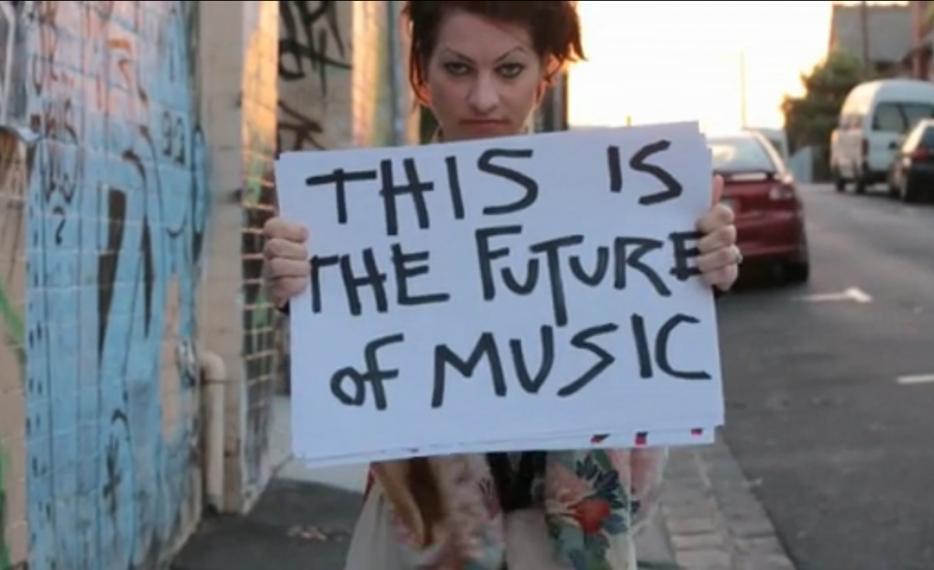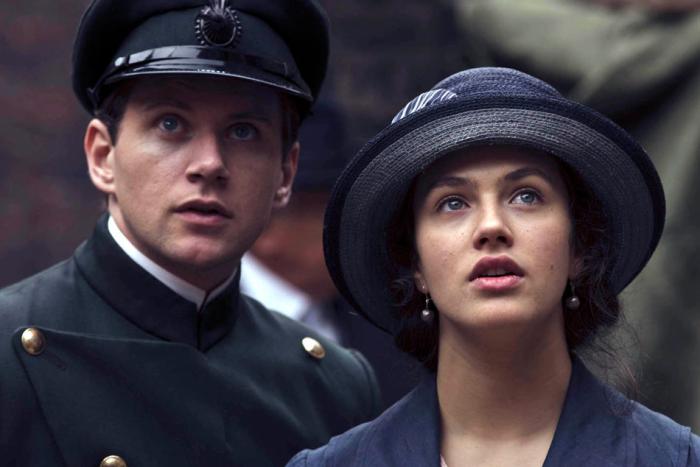Kickstarter and its clones have inverted that ancient cliché about the amount of time a fool can expect to hold onto his money. The modern sucker only knows whether or not they’ve truly been swindled after months of project updates, unexplained delays and then, maybe, grudging delivery of various rewards. In some cases a troubled campaign’s leaders unwittingly con themselves, receiving financial backing that wildly surpasses any initial goal before discovering that the shipping bills will too. You can count me among these people; the only Kickstarter I’ve ever contributed to, an attempt at relaunching the annual Best Music Writing anthology as an indie press title, now lies dormant, six months after books were supposed to arrive.
I’ve met and trust the series’ editor Daphne Carr, so I don’t suspect any shady reasons for this inertia. I can’t say the same of Sullivan’s Sluggers, a Kickstarter posted in late 2012 by the writer Mark Andrew Smith. He asked for $6,000 to complete and publish the graphic novel but received almost $100,000—a windfall probably owed less to his Hollywood-baiting, arithmetical concept (baseball players + monsters) than the decision to hire as artist James Stokoe, a gifted young cartoonist with a seemingly inexhaustible bestiary. Last week, David Brothers exposed the dubious behaviour on Smith’s part ever since: selling an “exclusive” book through Amazon and comics shops with evidence that he always connived to do so, sending copies of Sullivan’s Sluggers to retail while original backers still wait for theirs, and launching a second Kickstarter (since suspended) to cover shipping costs from the first one. When Stokoe diplomatically rescinded any association with the entire project, Smith blamed his erstwhile collaborator’s drawing pace for the end of his marriage.
I wouldn’t suggest that the Sullivan’s Sluggers mess is typical of Kickstarter—there are happy counterexamples, such as To Be Or Not To Be, a choose-your-own-adventure Hamlet that creator Ryan North tricked out with numerous and clearly explained rewards after overshooting his original target by 3000%. The typical Kickstarter is a failure. According to company stats, the all-time success rate hovers between 43 and 44 percent; most doomed campaigns stall out less than one-fifth of the way there, suggesting either unpopularity or unseriousness. Crowdfunding can’t be the “new model” for publishing, or music, or whatever, because it’s not especially novel and no standardized template. It’s a tool that helps people realize artistic projects by distributing the budgetary risk amongst their audience – and who doesn’t want it to be easier to make art?—but susceptible to fraud, abuse and miscalculation like all the other ones. (To be fair, crowdfunding has caused less misery over the past half-decade than most other financial instruments.)
If Kickstarter did radically break from current modes of production, its moguls might not look so familiar. The site’s biggest smashes, whether Double Fine’s video game or the Veronica Mars movie raising millions as I write, tend to bring numerous existing fans with them. Even when they don’t, a certain Reddit-friendly aesthetic is pervasive. Looking at the top 20 publishing campaigns right now, there are six books of speculative fiction, a graphic novel about Nikola Tesla, a tribute to the early illustrators for Magic: The Gathering (wasn’t taking my allowance during several years of awful tweendom enough?), and something called ME, FAKEGRIMLOCK: THE BOOK OF AWESOME. With notable exceptions—I’d like to read this collection of SF about marginalized peoples—the unofficial house style embodies nerd culture in such a limited, insular form, albeit the culturally dominant one.
Few people have reveled in that more than Amanda Palmer, the singer who raised $1.2 million through Kickstarter to release her last album (a little bit punk, a little bit cabaret, the remainder obnoxious) and then received less positive attention for continuing to seek volunteer horn or string players at shows. The exploitation of unpaid labour was typical as a practice but unusual in its audacity, so Palmer recently got to give a TED talk about how musicians should merely “ask” people to give them money/lodgings/wine, like a Buddha tweeting underneath bodhi leaves. Gawker’s Cord Jefferson acidly notes: “She also explained that she found it virtuous when a family of undocumented immigrants huddled together on their couch for a night so that she and her band could have their beds, because her music and presence was a fair exchange for the family’s comfort.”
Palmer got over any qualms about making them share a sofa because the ethos she’s adopted only glances at the material conditions of reality. All our earthly wounds and chains shall be innovatively disrupted away in the virtual waters of the New Model! But inequities, systemic or otherwise, don’t just vanish after tech bloggers prophesize it, and Palmer barely acknowledges the early promotional assistance of her old major label, or her partner’s helpful two million Twitter followers. “The world is changing,” she says…because a show that didn’t have enough fans for network TV does have enough for online crowdfunding? Anybody “can” ask for creative aid, but on the sidewalks of the world, a few artists command parades while many others might as well be poignantly mute Victorian orphans. You can’t build a utopian gift economy inside an uncharitable capitalist one, no more than that little hat made the Grinch Santa.
--
Image of Amanda Palmer, from her Kickstarter page






